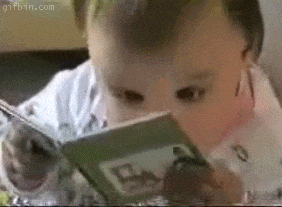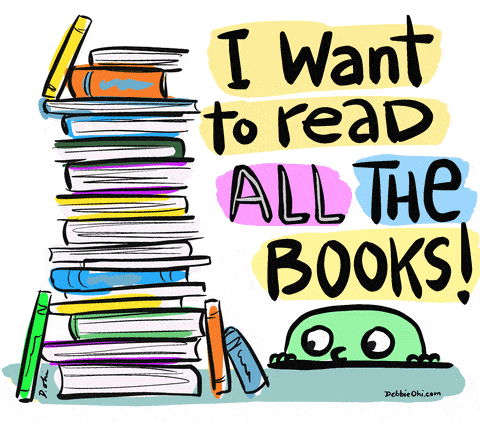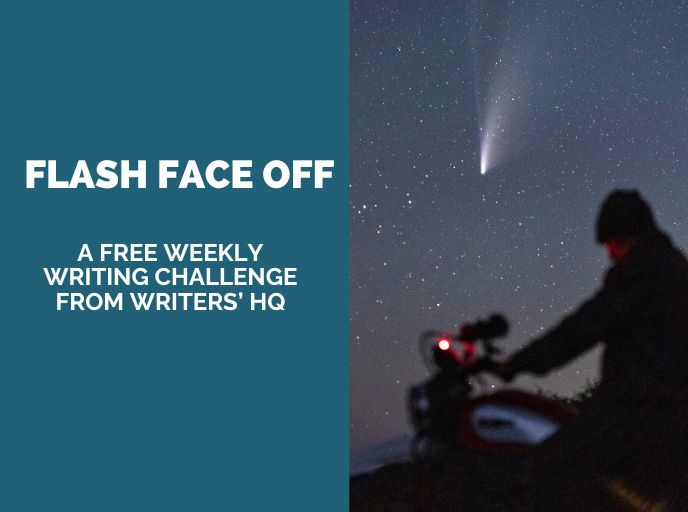Ahhh the eternal question of querying writers… We know a lot of you are at that nail biting submissions stage and we get asked this one a lot, so we decided to turn it over to our friendly neighbourhood agent, Samar Hammam of Rockingchair Books…
So, Samar, tell us – what DOES an agent look for in a submission?
Well, the dream is to receive a manuscript that is absolutely stunning from the first to the last page and ready to go out into the world immediately, with offers coming in from around the world in no time at all.
And then you wake up 😉
Manuscripts come in different stages of readiness. Sometimes I will take an author on even if there is editing to do. Of course this is a professional gamble – what if the edits don’t come good, or good enough? Will I have wasted my time, will I have wasted the author’s time? There is no real way to explain the impulse behind this gamble except that something, a spark, has drawn me in and held me long enough to care, and to be sure that I am the exact right agent for this project, and will do the best job for the voice, for the story, and for the person.
For most agents however, this decision is typically made within the first couple of pages. So the opening pages are so important – the the longer you’re able to keep the agent reading, the more they will be willing to invest in whatever work may need to go into the book to make it submission ready.
Here are some elements I tend to look for in a manuscript immediately:
VOICE
A reader buying your book will probably spend about 10-12 hours with the voice of your novel. That’s a long time! So it should be something quite captivating. I encounter a lot of steady solid writing in submissions, but the books that capture, tend to have something in the voice that leaps off the page. Have you crafted this voice in the manuscript? Voice is harder to correct for, than plot.
HOOK
What is your story? This is something that I find frequently missing from submissions and pitches. The closer you can get to having, an immediate central conflict or quest to the book, the easier it might be to deliver a convincing, punchy novel. Thinking of this ‘hook’ might help you focus as you write as well. Although a book is an unwieldy thing, and undoubtedly there will be various layers to the hook, it is worth considering what drives the narrative as you write.

CHARACTERS
Are they believable, particular, loveable? What makes them characters the reader will want to spend time with – including the delicious villains?
PLOT
This tends to settle in as you continue to read. Is the story moving forward? Careful of the waking up in the morning scene, or on the airplane towards the location scene as openings. I don’t think I’ve seen one that works but would be thrilled to see your attempts @rockingbooks! Keeping the page-turning quality of the book is difficult but crucial, particularly as the book continues.

What to submit?
Agencies tend to have a page on their websites describing what they need from your submission (pitch, synopsis, partial manuscript or full etc), so it’s a good idea to have a look at their requirements.
Here is what we are looking for:
A pitch/query/cover letter:
These are all names for a couple of paragraphs that you put in a body of an email introducing yourself and your manuscript when you contact an agent. The best of these tend to resemble the ‘back of the book’ pitch that you see in published novels. Something punchy that sets out what the book is in a paragraph or so. And a short biography. It might help to have a look at books that are similar to yours and see what they have written on the back. You can also name these, to give the agent some direction of how you see the book
A Synopsis:
We’ll still read the manuscript even without one, but it is helpful, however, to be able to refer to a synopsis, I’m not sure what makes a good synopsis as they tend to be dry, but they are quite helpful in understanding how the plot will move, and where challenges or flaws might arise in the story.
The Manuscript:
We don’t mind if you send 3 chapters or the whole book, it’s a single file either way. And if it grips, we’ll continue to read. A couple of tips before sending in your manuscript, is to get feedback from readers who you trust to give you honest and helpful feedback. It can be hard to feel judged! But if they are helpful readers, they can lend a fresh pair of eyes to the work. Another tip is to read it yourself cover to cover without editing. As a reader. This might be helpful for you to see your book as a whole, and whether you feel it is achieving what you set out to achieve. Have you written the book that you wanted to write? If yes, fire away!
We’re here, and excited to hear from you…

NEXT STEPS:
Feeling excited to submit your book? (Thanks Samar!) Here a are few more things to help you on your way to submission success:
READ THIS:
Fine-tune your manuscript with our double-whammy of blogs on those all-important sample pages: Elements of a Kickass Opening Chapter and Beware the Overused Novel Opening.
DO THIS:
Craft the perfect query, a killer synopsis, and find the agent of your dream swith our Publishing 101 courses!





